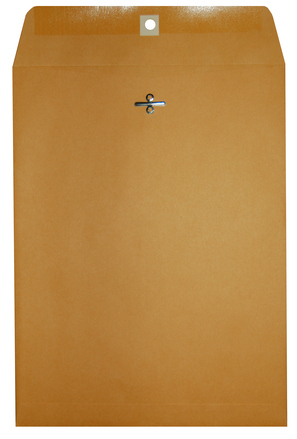 Today we’re proud to feature James McAdams as our twenty-fourth Authors Talk series contributor.
Today we’re proud to feature James McAdams as our twenty-fourth Authors Talk series contributor.
As James so succinctly puts it, this Talk encompasses “a few things I find very promising and distressing about writing and publishing in the year 2016.”
These things include:
–the steadily decreasing word count max on internet publications, and how this shifts stories and their aesthetics;
–flashy lead sentences vs starting out slow, and the challenges of getting published while keeping artistic vision;
–and how art impacts technology generally – which, as James so rightly notes, is the way it’s always been.
His is a smart, necessary conversation, and especially interesting to consider through the lens of online literary magazines like SR. As one illustration of the depth of this Talk, there were more quotes than usual that couldn’t fit in this introduction, all of them articulate, clever, and representative of the flavor of the whole podcast. As another illustration, the following lines describe some of the issues James speaks about with typical thoughtful consideration:
“There’s literally so much amazing writing being published out there that we can’t read it all; we literally don’t have the time, and it’s anxiety-inducing to think about all the great stories and magazines and multimedia installations on the web that I’d love to know about…. And this makes me feel guilty about saying, ‘you should, out of this vast library, select my story to spend your precious time on.’”
You can listen to the podcast on our iTunes Channel, #210.
You can read James’s story “Nobody’s Children” in Superstition Review Issue 16, and listen to him read it aloud in SR podcast #209.
More About the Author:
James McAdams has published fiction in decomP, Literary Orphans, One Throne Magazine, TINGE Magazine, Carbon Culture Review, per contra, and B.O.A.A.T. Press, among others. Before attending college, he worked as a social worker in the mental health industry near Philadelphia. Currently, he is a Ph.D. candidate in English at Lehigh University, where he also teaches and edits the university’s literary journal, Amaranth.
About the Authors Talk series:
For several years, we have featured audio or video of Superstition Review contributors reading their work. We’ve now established a new series of podcasts called Authors Talk. The podcasts in this series take a broader scope and feature SR contributors discussing their own thoughts on writing, the creative process, and anything else they may want to share with listeners.
